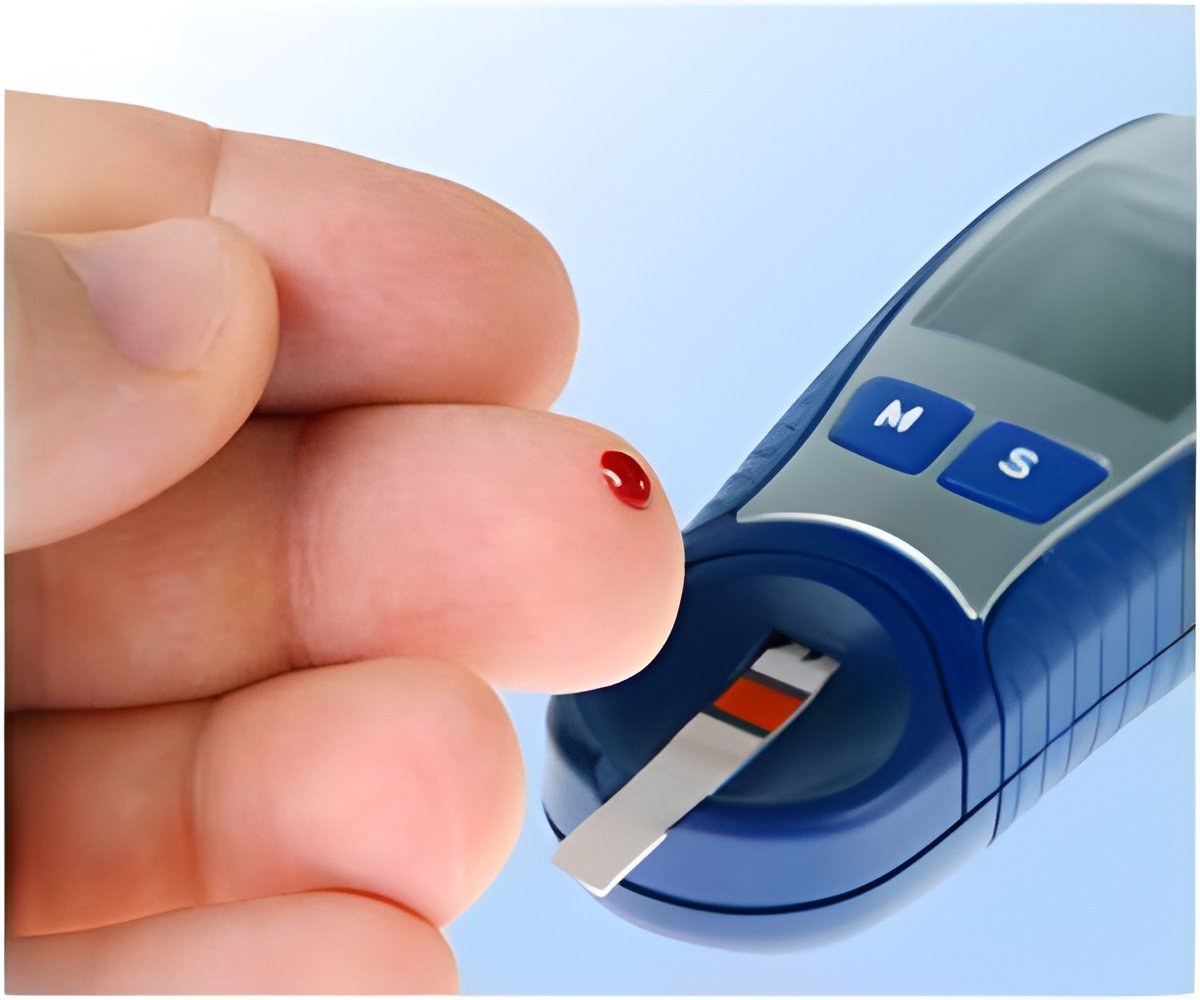A new study found that women having high levels of common liver enzyme measured prior to pregnancy were at twice the risk of developing gestational diabetes.

"Several biomarkers appear to be associated with the risk of gestational diabetes," said Monique M. Hedderson, PhD, senior author of the study and research scientist with the Kaiser Permanente Division of Research in Oakland, Calif. "This study and others we've done provide evidence that women who develop gestational diabetes have metabolic abnormalities even before pregnancy. In the future, we could potentially try to prevent gestational diabetes by intervening before women get pregnant."
Gestational diabetes, or glucose intolerance during pregnancy, has increased dramatically in recent decades and is now one of the most common complications of pregnancy. It can lead to the birth of larger-than-normal babies and subsequent delivery complications. According to recent studies, women with gestational diabetes are seven times more likely to develop type 2 diabetes later in life, and their children are at greater risk of becoming obese and developing diabetes themselves.
Researchers examined the medical records of 256 women who developed gestational diabetes during pregnancy and compared them with 497 women who did not. Those studied had voluntarily given blood samples between 1985 and 1996 during routine care and subsequently delivered an infant in Kaiser Permanente's Northern California region.
After adjusting for numerous possible confounding factors, including body mass index and alcohol use, the researchers found that women in the highest quartile of GGT had nearly twice the risk of subsequent gestational diabetes than those in the lowest quartile. No associations were found with two other commonly monitored liver enzymes, alanine aminotransferase and aspartate aminotransferase.
"A few studies have looked at liver enzyme levels during pregnancy and the risk of gestational diabetes, but to our knowledge this is the first to look at liver enzyme levels measured before pregnancy," said lead author Sneha Sridhar, MPH, project coordinator with the Kaiser Permanente Division of Research.
Advertisement
In the previous studies, researchers reported that:
Advertisement
- Overweight women with low levels of the hormone adiponectin prior to pregnancy were nearly seven times more likely to develop gestational diabetes than normal weight women with high levels (August 2013).
- Women with low levels of the sex hormone binding globulin were five times more likely to develop gestational diabetes than those with higher levels of the protein (February 2014).
Source-Eurekalert














